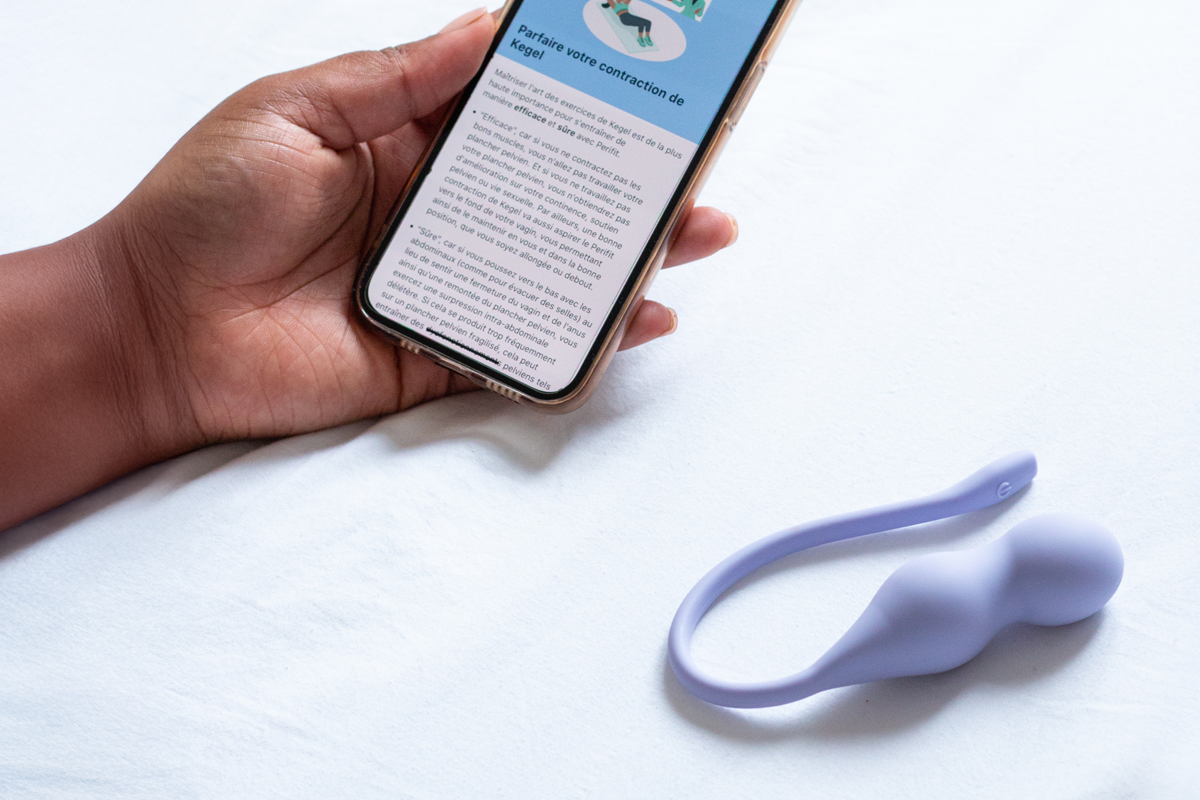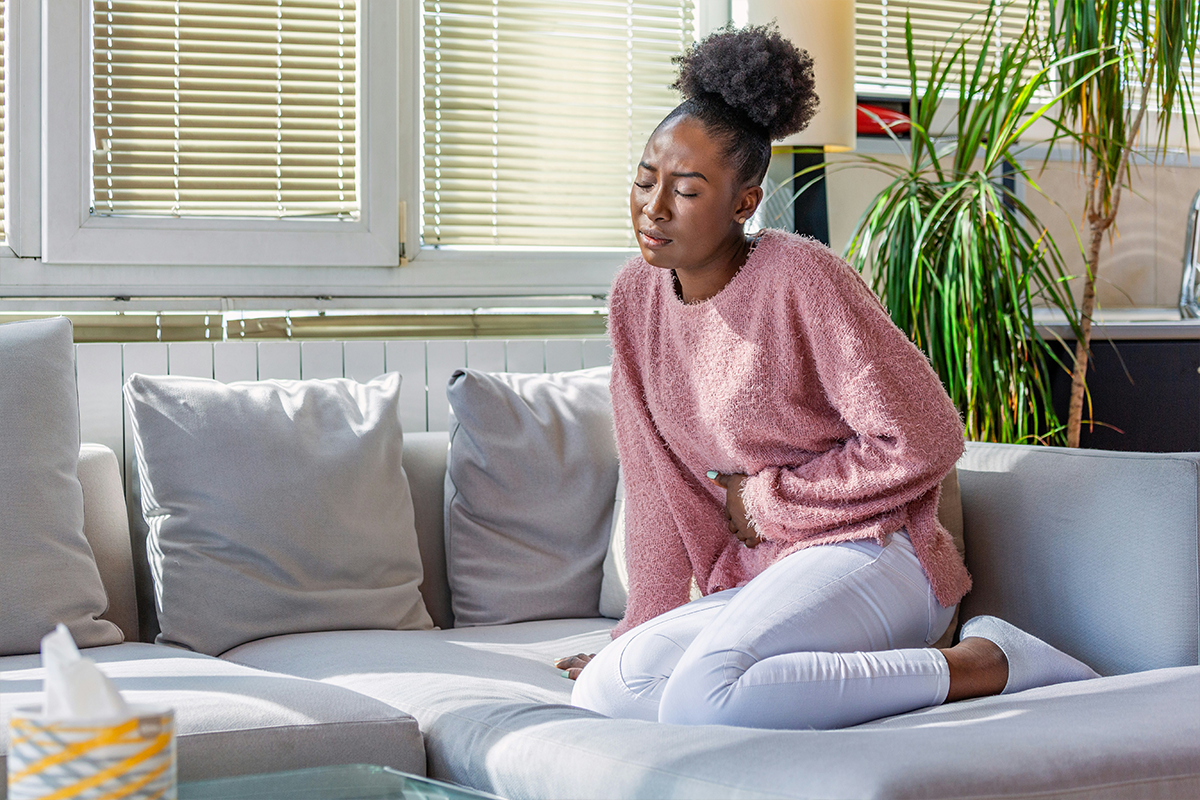As you might know by now (or will soon find out) your vagina is capable of so much with very little help from you or your immediate external environment. This directly translates to having very little to do to keep your vaginal ecosystem healthy.
Having said this, performing too many routine cleansing habits might be doing your vagina more harm than good. Mainstream media often shares unsolicited advice on what might be the best or “trendy” ways to care for your vagina. Rest assured, your vagina is self-cleaning, as research has long indicated.
With that being said, there may still be a few habits that are difficult to kick to the curb. Let’s explore what they are and why you might be putting your vagina at risk with these seemingly harmless routines.
1. Stay away from the steam
From Chrissy TeigentoGwyneth Paltrow, celebrities have turned vagina steaming into a beauty trend. However,expertsare in unison when they say that maybe keeping your vagina away from the steam is a better idea.
Vaginal steaming is basically sitting on a tub from where herb-infused steam moves through your vulva and into your vagina. While it can sound heavenly, there are many downsides to steaming your vagina. For starters, you can burn both your vulva and vagina. It can also lead to an imbalance in the pH and healthy bacteria that thrive within your vagina. Not to mention that the herbs present in the steam can cause an allergic reaction.
With the many downsides, it’s best to stay away from the steam.
2. Regularly douching your vagina
Simply put, douching is a method to clean the vagina with water and vinegar. Sometimes antiseptics and other cleansing products might also be used while douching the vagina. The cleansing liquids are flushed through the vagina with force with a bag or bottle. Approximately every 2 in 10 people with vaginasdouche regularly.
There’s no significant scientific evidence to indicate that douching is helpful for your vagina. However, the negatives associated with douching include:
- It increases your riskof vaginal infections
- Pushing the water through your vagina can disrupt your normal vaginal ecosystem and lead to infections in the uterus and fallopian tubes, which can lead to pelvic inflammatory disease.
- Douching has also been associated with pregnancy complications such as ectopic pregnancy.
- Regular douching can affect your fertility.
3. Switching out your lube with accessible substitutes
Sometimes in the heat of the moment, it’s possible to grab anything in the vicinity such as oil or vaseline to use in place of lube. While it may enhance pleasure in the heat of the moment the moment, it’s causing long-term negative effects to your vagina.
Oil is difficult to wash off, and it changes your delicate vaginal ecosystem. It can foster the growth of harmful bacteriawhich can lead to recurring infection, not to mention, these products can also irritate the skin and internal vaginal environment. Oils or other liquids can also affect the use of condoms and break down the materials that are made of, which makes you susceptible to STDs.
Lesson to be learned? It’s best to stick to lubes that have been made exclusively to be used safely in and around your vagina.
4. Experimenting with unsanitary objects or food
Tampons, menstrual cups, fingers, sex toys, and your birth control are about the only products that should be inserted into your vagina. But don’t forget! That even these, products have to be cleaned and sanitized adequately before use.
Latest trends have shown the insertion of fruit, other food products, and even liquids such as alcohol into the vagina. While it can be interesting to try new things, all of these are doing you more harm than good to your vagina. These unsanitary products are introducing all kinds of bacteria into your vaginal ecosystem and additionally, their different shapes and the substances they’re made of can irritate your delicate vagina.
No matter how much you clean them, it’s best to keep them far away from your vagina.
5. Wearing tight underwear
Tight clothing, including tight underwear, affects the natural environment in which your vagina thrives. Tight underwear is unable to absorb moisture adequately thereby increasing moisture around your vagina which has been studiedto increase the chances of developing yeast infections.
Additionally, fabrics like nylon or silk are unable to absorb your vaginal discharge properly and can keep you feeling wet longer. This means your vaginal environment is constantly exposed to moisture, increasing your chances of both bacterial and yeast infections. Opting for more breathable fabrics like cotton lowers this risk.
To add to this, many experts advocate sleeping without underwear. Similar to the other parts of your body, your vagina requires enough time to breathe and moisture to dry out. Finally, change out your underwear regularly. If you sweat often or have increased discharge, consider changing your underwear more frequently throughout the day.
6. Using home-made therapies or self-medicating
Today many products are marketed to protect and “clean” out your vagina. While these are safe for the most part, they’re unnecessary. Studies have even shown that an excessive usage of vagina washes can flush out your natrual vaginal environment.
Similarly when considering medications or suppositories for infections or vaginal odor, alwaysconsult with your healthcare professional first because chances are, you may not need them at all. Even regularly taking medications or antibiotics without a prescription can affect your natural vaginal ecosystem. Which means (and this goes without saying) stay away from home remedies such as adding turmeric or ginger to tackle smells or vaginal discharge.
Your vagina, as rightly indicated, is a “self-cleaning oven”. The discharge that comes out is a healthy indicator of how your vaginal ecosystem is functioning. Ideally, discharge is clear with minimal odor, often unique to each person with a vagina. Your vagina can be cleansed with simple water and the area around your vagina and vulva can be cleaned with water and unscented soap. It’s that easy!
The best way to take care of your vagina is to leave it alone. Allow your vagina to breathe, wear comfortable fabric, and keep anything marketed as a “vagina solution” away!





